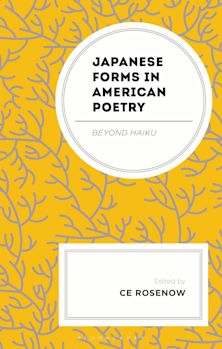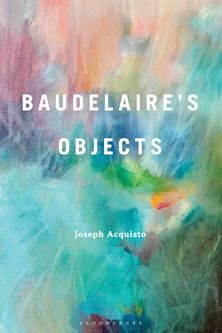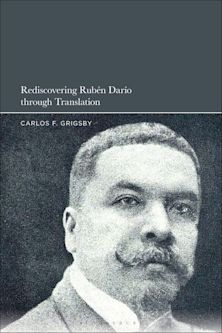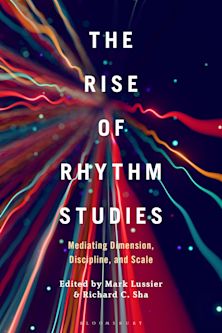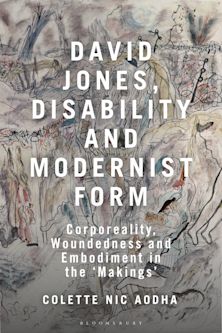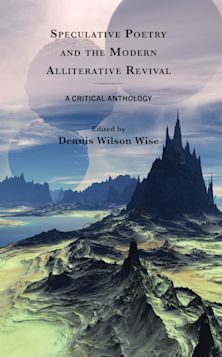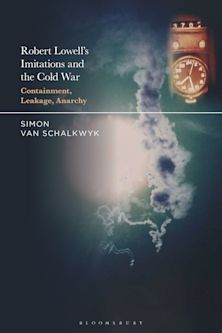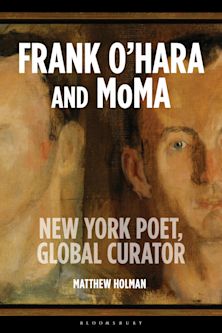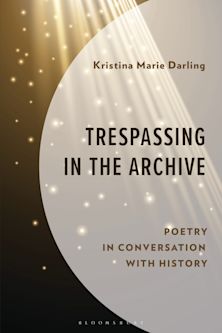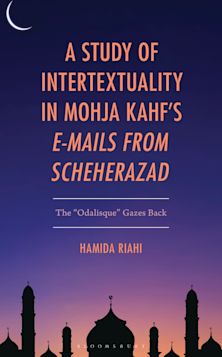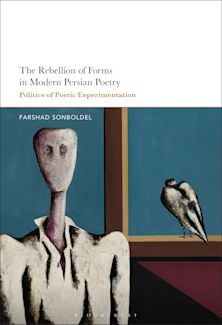- Home
- ACADEMIC
- Literary Studies
- Poetry and Poetics
- Foiled Again
This product is usually dispatched within 3 days
- Delivery and returns info
-
Free US delivery on orders $35 or over
You must sign in to add this item to your wishlist. Please sign in or create an account
Description
The seventh winner of the annual New Criterion Poetry Prize is J. Allyn Rosser's Foiled Again. Ms. Rosser's third poetry collection contains poems of startling range and depth, with formal poems-traditional, hybrid, and nonce-and just as many shaped by the loopy trajectory of their associative momentum. At the heart of Rosser's work is a kind of crazed optimism-a quixotic, wryly cheerful pilgrimage through the maze of bafflement, loneliness, and love that constitutes our experience.
Product details
| Published | Jun 17 2008 |
|---|---|
| Format | Paperback |
| Edition | 1st |
| Extent | 96 |
| ISBN | 9781566638081 |
| Imprint | Ivan R. Dee |
| Dimensions | 8 x 6 inches |
| Series | New Criterion Series |
| Publisher | Bloomsbury Publishing |
About the contributors
Reviews
-
A poet on whom precious little is lost, J. Allyn Rosser loves to subject common experience to an uncommonly intense scrutiny. Getting lost, listening to a Dean Martin song, forgetting a name, encoutering a turtle, reading a children's book-all are studied here in lively fresh language for clues about the possible truth of life. To read Foiled Again is to be edified and delighted.
Billy Collins
-
J. Allyn Rosser is a comic poet whose song is frequently tinged with sadness. She keeps her sense of humor even in the direst circumstances, as she digs into the nature of modern love and old fashioned loneliness, motherhood and solitude. In one of this collection's finest poems, 'Literature,' the poet admits, 'I could use a good poem to cheer me up.' These poems, in language that is spirited, inventive, and unflinching, never fail to be cheering, because they are so good.
Mark Jarman
-
J. Allyn Rosser is a poet of ebullient energy, and she has a comic gift that is all too rare among her contemporaries.
Georgia Review












